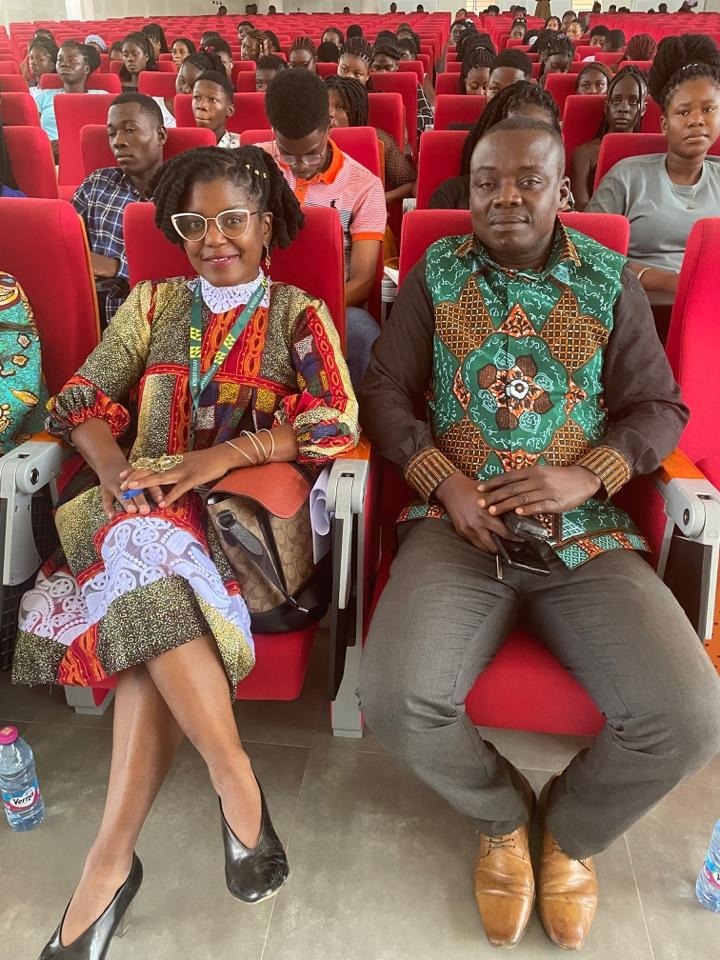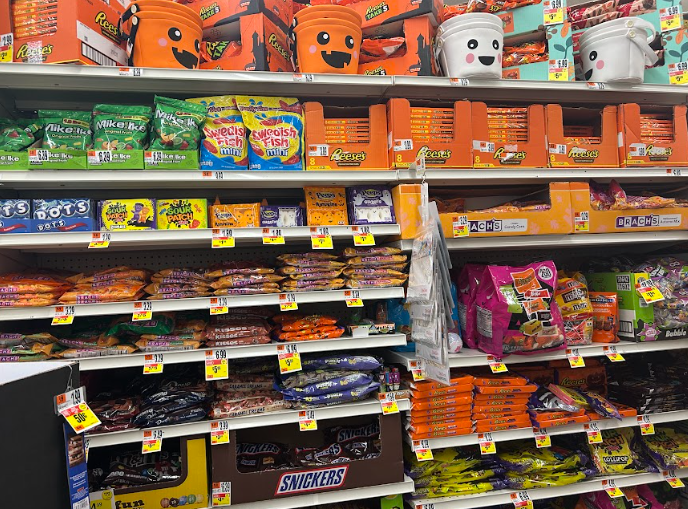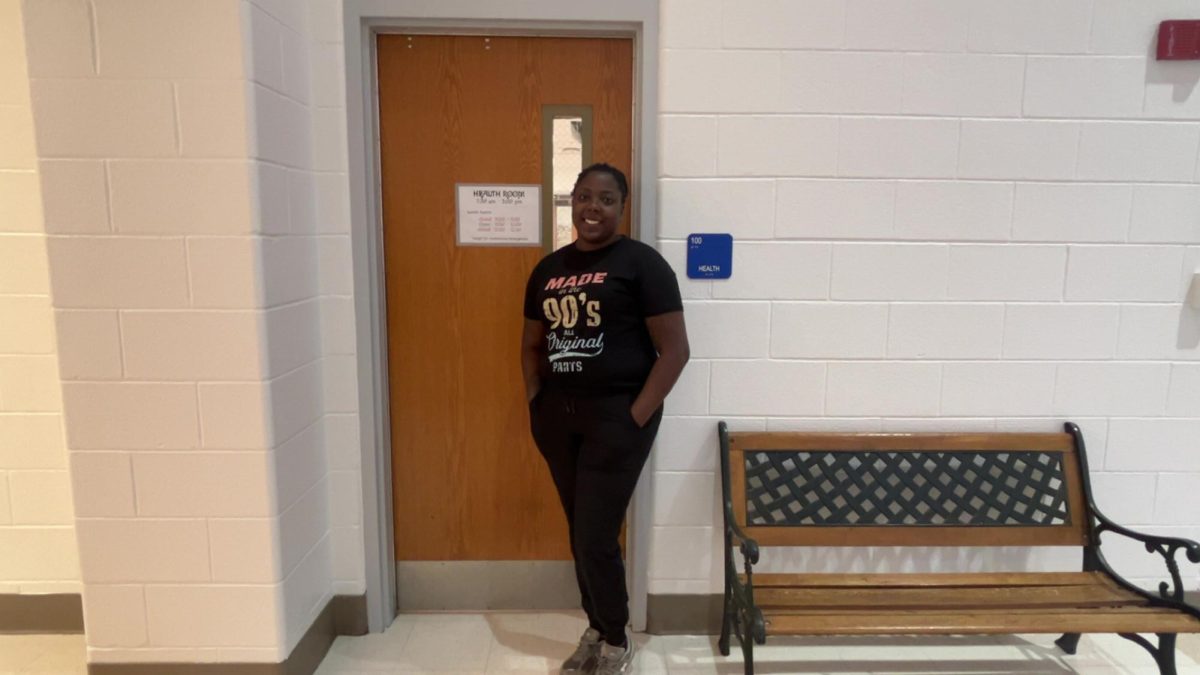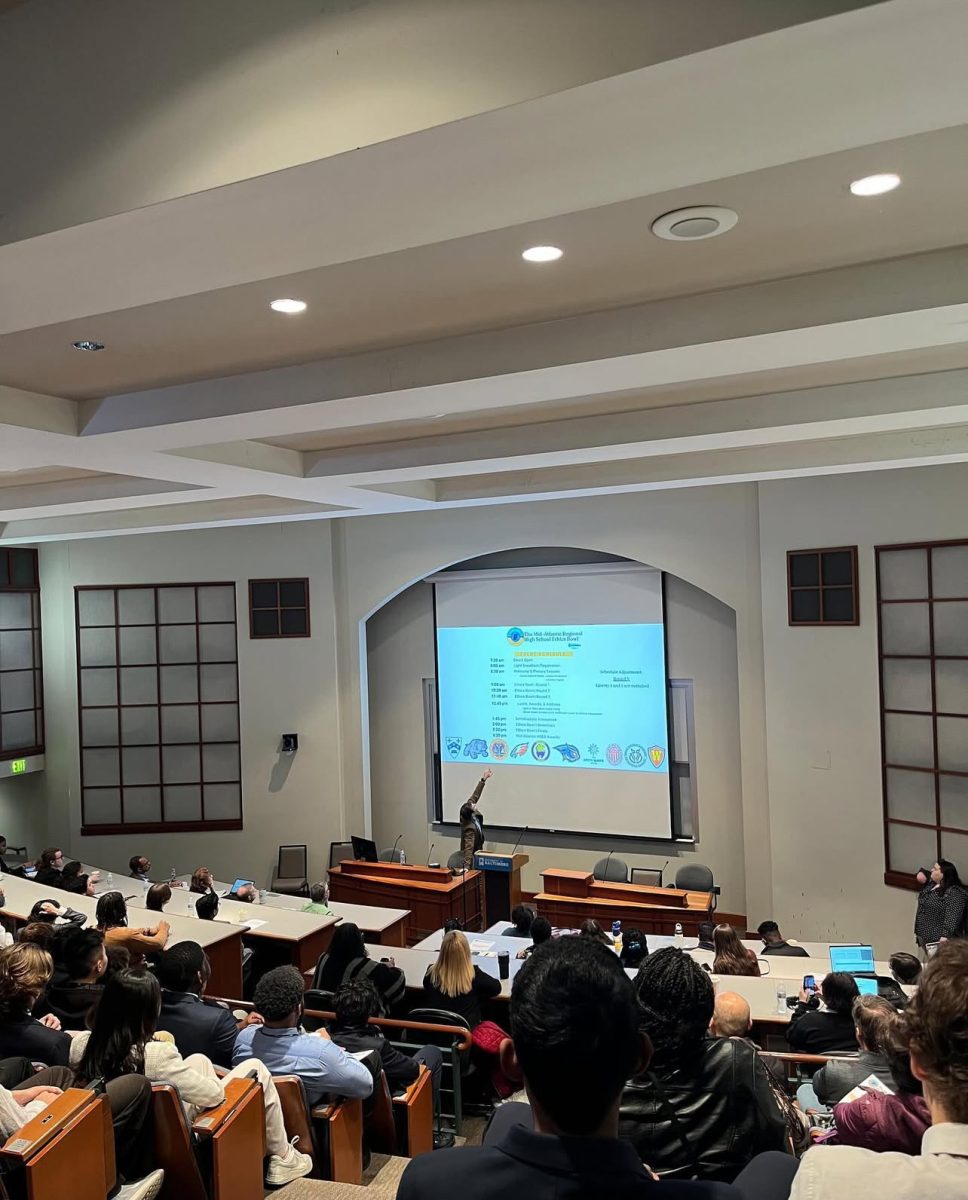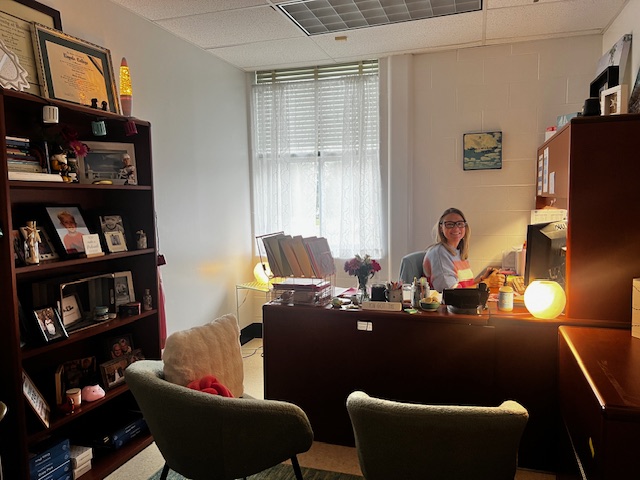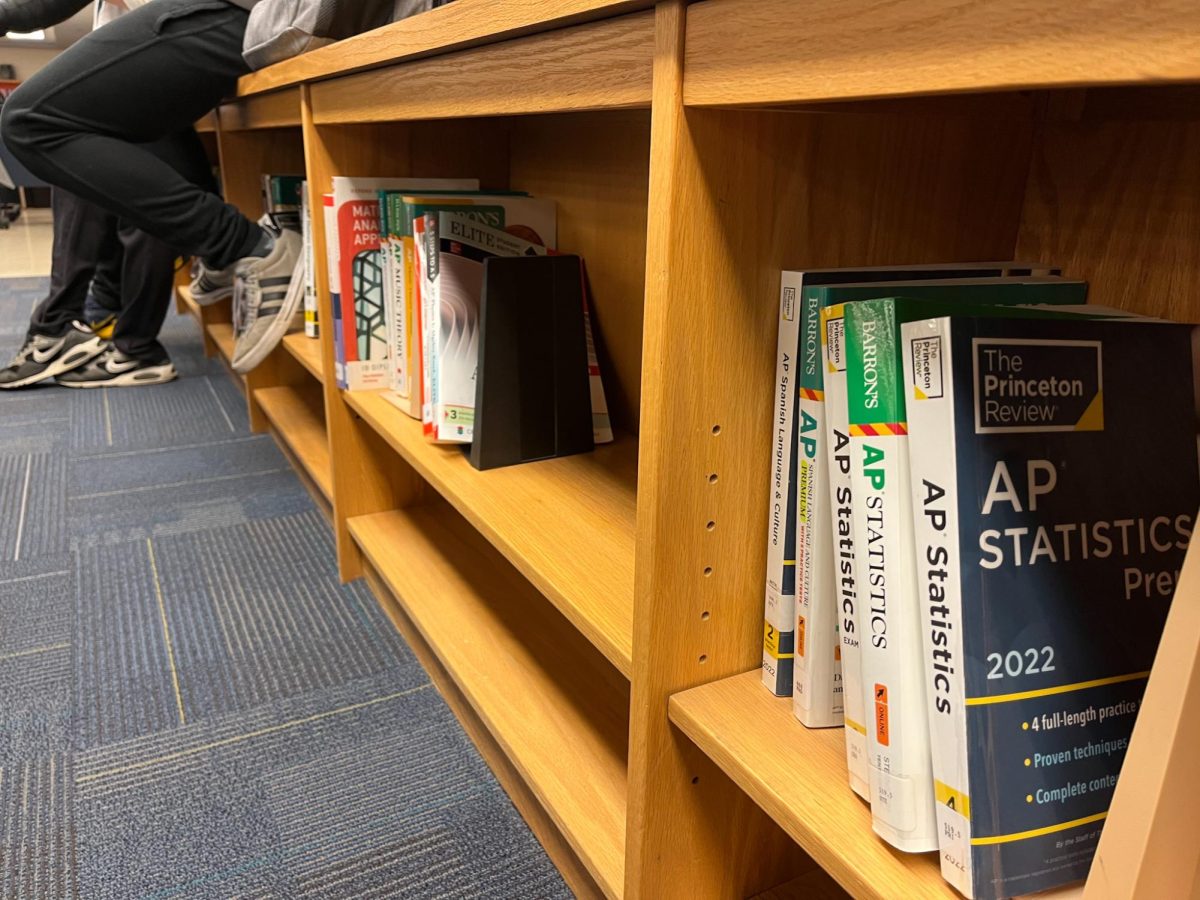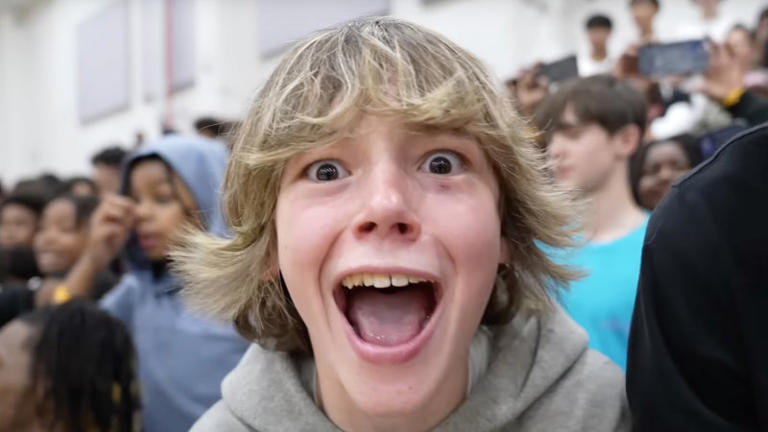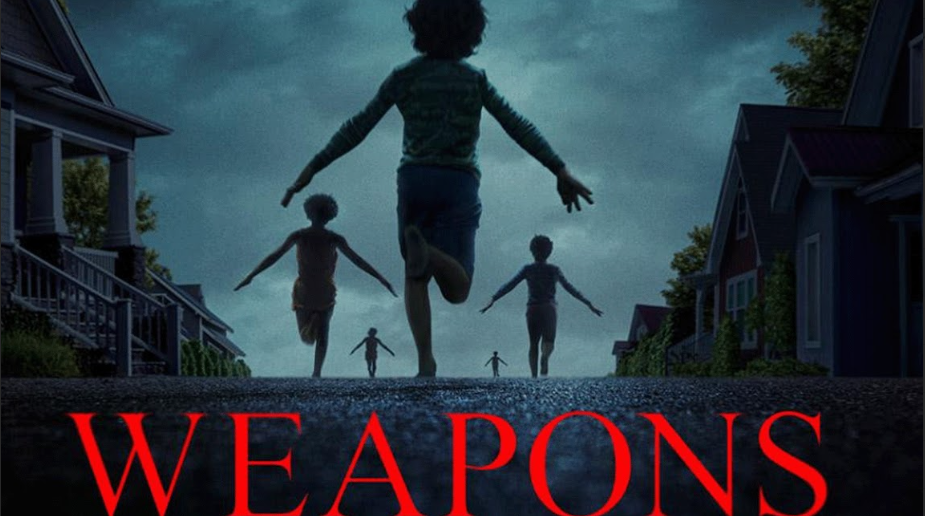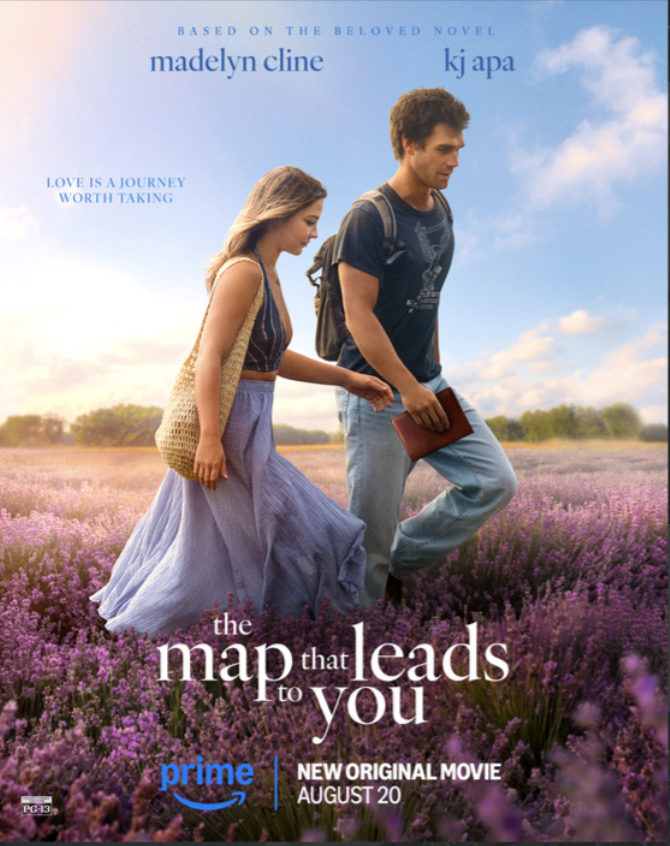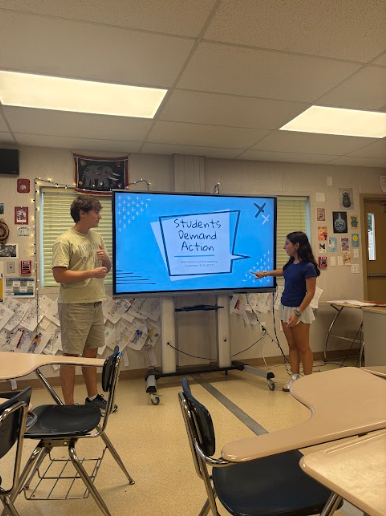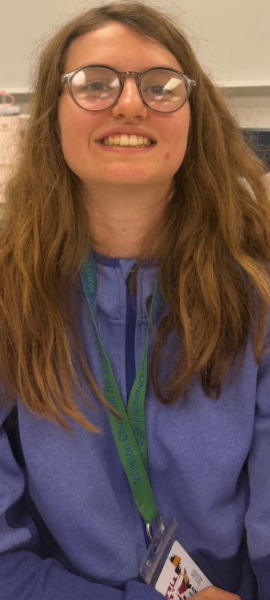Many WCHS students focus on pursuing a career in journalism or another media-related career. Journalism classes give students the chance to provide more insight to people who are passionate about topics from filming to sports. It encourages students to enhance their writing skills and connect with others. It teaches people how to use their mind to explore new ideas and more possibilities for future careers they might want to pursue a degree in.
Dr. Tiffany Copeland is a broadcaster, television coordinator, and a college professor at Montgomery College. She got a scholarship from Ghana and has educated people from around the world. She is a teacher in the communications department who focuses on helping students film and produce social media content online through the Broadcasting Media Program at Montgomery College.
“If I could tell younger students one thing about preparing for college, I would tell them to start as early as possible on understanding the different career possibilities,” Copeland said. “I would [work on] different experiences, so you have an idea of what you enjoy doing and could see yourself involved in it for the long term. Study that area intensely and make it a part of your life, so by the time you come to college, you are ready to learn more and grow.”
Montgomery College offers television production classes, which provide students with insight into careers in the film industry and the necessary skills needed in editing footage for social media. It encourages students to work with analytics to dictate how a sports team is performing and their batting average in the regular season. Interested WCHS students, especially ones who are planning to dual enroll or graduating students, can look forward to a comprehensive beginner class in the media world.
“We ensure they have the skills they need for an entry-level position in radio, TV, or media production. All of our students complete a digital portfolio while enrolled in the program, which they can [then] show to employers after graduation,” Copeland said. “Students work hands-on with industry-standard radio and television equipment in our radio station and television studio.”
In the class at Montgomery College, students gain hands-on experience on a live radio show. It provides students with insight into careers in the film industry and helps students gain a better understanding of the role of a film director. It focuses on how cameras are used from multiple angles to help review close calls, even changing the outcome of a game.
“My favorite memory was when I created [and managed] the live radio show called “The Box,” and at least 10 students were involved in the show,” Copeland said. “We went from offering it as a live radio show on WMCR or as a podcast to a TV show on MCTV. This show made the radio station feel like a community, and everyone was so elated about being a part of it.”
In retrospect, the Broadcasting Media Program teaches people to overcome problems in their community and advocate for changing the society they live in for the better. It focuses on sharing their passion for sports and making connections with other people around the world. Students collaborate to write scripts and record them in a separate audio studio to produce the final piece. They then work on editing the videos and adding music to make them more interesting to watch.
“My takeaway from working at Montgomery College is that your personal growth has to come from you, because it is unlikely that anyone else will try to encourage you to elevate yourself,” Copeland said. “ For instance, if you are working at a radio station as a board engineer, but one day want to work as a host, then you should consider starting a podcast immediately, so when the opportunity presents itself, you will be ready for it.”


